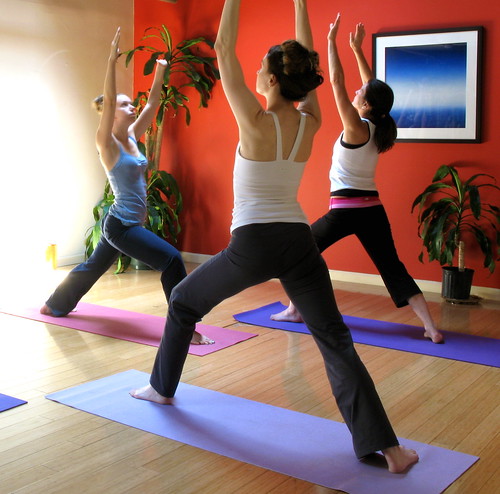"For one ought not to be doing hard work with one's thinking and with the body at the same time, since each of the two kinds of exertion has an opposite effect by its nature; exertion of the body is an impediment to thinking, and exertion of thinking to the body."Let me be clear, I'm an Aristotle fan. I think his work is incredibly forward-thinking and universally applicable, and I gain a lot of insight from it. But this? I call B.S.
Let's unpack it a little. First of all, from just that passage, it might seem like Aristotle is simply saying that you shouldn't try to, say, run a marathon while simultaneously reading your calculus book, but this chapter is about the nature of education in general, and the context surrounding this passage make it clear that he doesn't just mean you shouldn't work on both at the same time in a day, but that you shouldn't work on both at the same time in your life.

There's some measure of sense to this, especially since Aristotle is talking about the type of training and diet regimen needed to maintain professional athletics, but I think that claiming physical exertion impedes mental exertion (and vice versa) is wholly untrue for some people, especially people who score high on Howard Gardner's kinesthetic field in the Multiple Intelligences inventory.
Gardner posited that there was more than one way to be "intelligent," and that traditional tests had been favoring just a couple of them and ignoring the rest.
His theory has been used by educators to understand that there are multiple ways of learning and that our classrooms need to be spaces that allow for flexibility in how students take in and demonstrate knowledge. (You can take a quick online learning style inventory to get a sense of how you take in information).
One of these styles is kinesthetic, which shows up in people who have a natural inclination toward athletic ability, but it can also help students who have those inclinations to learn more traditional classroom material as well. Some suggestions for kinesthetic learners are to act out or role play things they need to memorize, to write on big notecards that can be moved around the floor, and to use field trips as learning activities.
In my experience as a writing instructor, telling a kinesthetic learner to take a walk, run, or lift some weights while brainstorming can be a great way to get them to overcome a mental block.
On a more personal note, I've started training for a 10k while I'm studying for my PhD exam specifically because I feel like I need some balance between my mental exercise and my physical. Going for a run makes me more focused, alert, and centered. A few days (or, let's be honest, weeks) without much physical activity really starts to take a toll on my mental abilities. I start to get grumpy and drowsy. I lose focus more easily. I read the same page over and over again. I feel sluggish.
Aristotle gets a lot of things right, but I think he got this one wrong.
What do you think? Are mental work and physical work impediments to each other or complements? What works best for you?
Photo: Jasmine Kaloudis

No comments:
Post a Comment